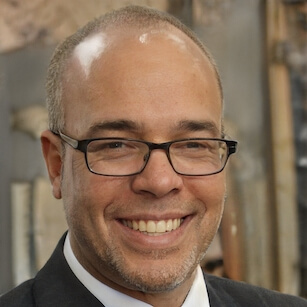In my experience, wound care and dressing changes are crucial aspects of nursing to promote healing and prevent infection. I have dealt with a variety of wounds, from surgical incisions to pressure ulcers and burns. One particular case that stands out is a patient with a diabetic foot ulcer that required frequent dressing changes and wound debridement. My approach to wound care involves meticulous assessment of the wound, gentle cleansing with the appropriate solution, application of the prescribed dressing, and proper documentation of the wound's progress. I also like to educate my patients and their families on the importance of wound care and how to perform dressing changes at home if necessary.
General Nurse Interview Questions
The ultimate General Nurse interview guide, curated by real hiring managers: question bank, recruiter insights, and sample answers.





